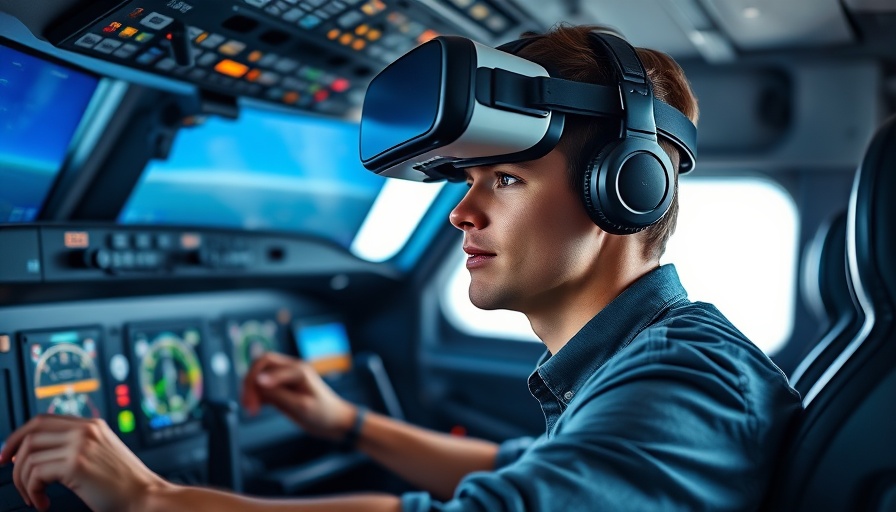
The Drama Behind Elon Musk's Bid for OpenAI
In a bold move that is shaking the tech landscape, Elon Musk has offered a staggering $97.4 billion to take control of OpenAI, an organization he co-founded in 2015. Musk's aim is clear: to reinstate OpenAI's original commitment to open-source and safety-first AI development. However, this initiative appears to be more complex than just a strategic acquisition. OpenAI CEO Sam Altman has dismissed the bid, calling it ‘embarrassing’ and indicating that it may be part of Musk's strategy to hinder OpenAI’s development.
The Response from Industry Leaders
OpenAI's leadership and investors are taking Musk’s intentions seriously, particularly in light of the organization’s ongoing projects and partnerships, including substantial backing from Microsoft. Altman himself noted the possibilities of Musk’s bid manipulating the company’s direction. 'This reflects a competitive dance between Musk and OpenAI, where Musk might be attempting to stifle innovation rather than foster it,' he asserted.
JD Vance Addresses AI Regulation
Meanwhile, at the AI Action Summit forum in Paris, Senator JD Vance emphasized a contrasting viewpoint. Vance galvanized the tech community, urging them to resist ‘excessive’ regulation and advocating for fostering innovation in the AI space. His comments highlight a growing sentiment in Silicon Valley that favors minimal government intervention—an ideology that might resonate with many entrepreneurs and innovators.
The Generative AI Impact on Employment
As discussions around Musk's bid unfold, there are broader implications regarding AI's impact on the labor market. A new study delves into how generative AI technologies are poised to reshape job functions across industries. While there’s potential for job displacement, it’s essential to recognize the opportunities that such innovations create, as new roles may emerge in AI management and oversight.
Updates from OpenAI and GPT-4o
Amidst this fluctuation, OpenAI is advancing its product trajectory, with substantial progress reported on their GPT-4o update. The organization's roadmap also hints at the introduction of innovative AI solutions designed to reinforce their position in the market. The tech world watches closely, anticipating how these developments will play into Musk's bid and its potential outcome.
Future Predictions: The Road Ahead
As we look ahead, industry experts anticipate that Musk's actions could catalyze significant shifts in corporate strategies dealing with AI development. The conflict between open-source proponents and for-profit models will continue to shape the landscape. Businesses must remain agile, navigating the emerging trends and regulatory frameworks as they unfold.
As we digest Musk’s audacious foray into OpenAI, tech enthusiasts are encouraged to consider the potential outcomes—from corporate restructuring to deeper AI integration in our daily lives. The implications of this power struggle extend beyond OpenAI, challenging the foundations upon which the future of technology is built. For those engaged in the AI discourse, it’s paramount to stay informed, advocate for clear regulations, and embrace the innovations that emerge as a result.
 Add Row
Add Row  Add Element
Add Element 


 Add Row
Add Row  Add
Add 

Write A Comment